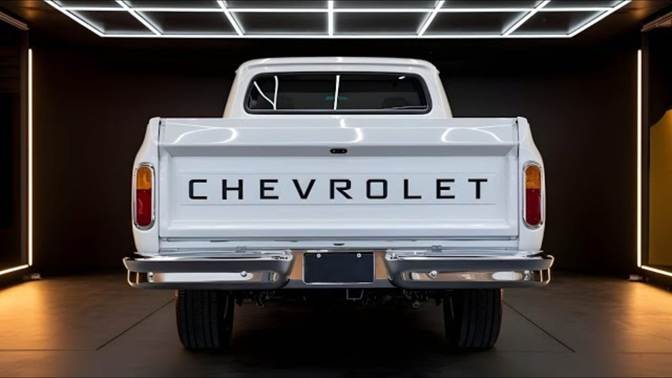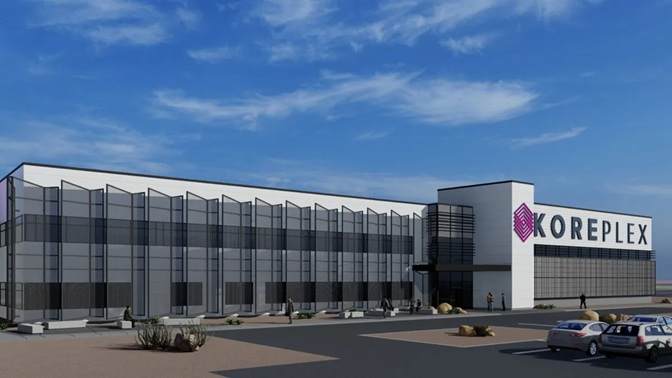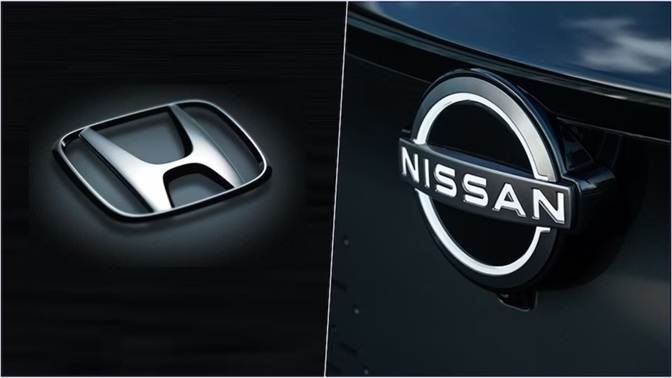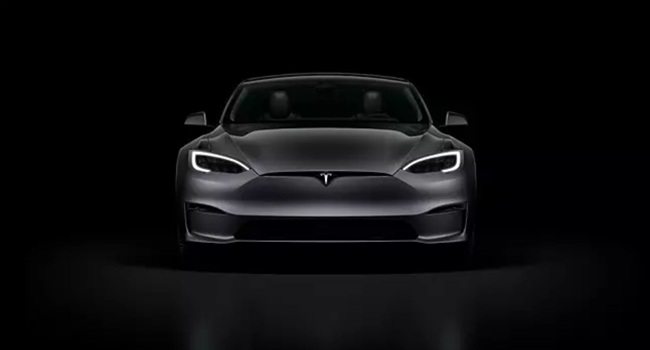Nissan has announced a significant step toward its electric future in the U.S., securing a deal to purchase 20 GWh of batteries from SK On, a move expected to power approximately 300,000 electric vehicles (EVs). While this might seem like a leap forward, there’s a catch—actual EV production in the U.S. has been delayed multiple times. Now, the start date has been pushed even further, leaving many wondering: when will Nissan’s new electric vehicles finally hit the roads?
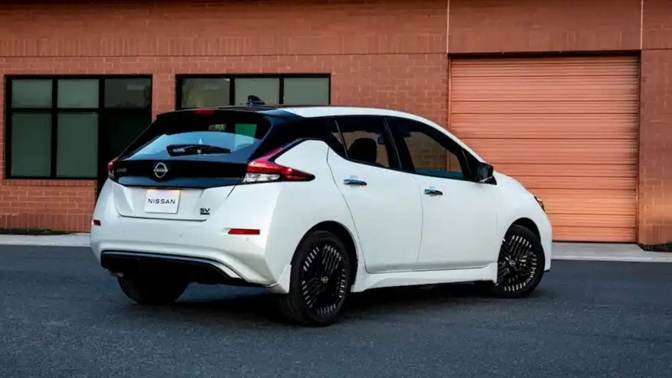
Let’s dive into Nissan’s EV journey, the challenges they’re facing, and what this means for the brand and its customers.
A $500 Million Investment That’s Still Waiting to Pay Off
In 2020, Nissan unveiled plans to invest $500 million into its Canton, Mississippi plant to prepare it for the production of its next-generation electric vehicles. Initially, production was set to kick off in 2025. However, in January 2023, Nissan announced a delay, pushing the start date to 2026. And now, according to the Madison County Journal, the timeline has been pushed even further to 2028.
The reasons? Concerns about profitability and demand in the growing but highly competitive EV market. Nissan’s decision reflects a cautious approach to its EV strategy, prioritizing financial stability over a rushed rollout. However, delays like these could cost the automaker valuable market share in a fast-evolving industry.
Canceled Models Add to the Setbacks
Adding to the uncertainty, Nissan recently scrapped plans to produce a smaller electric SUV that was set to be built in the U.S. Positioned between the LEAF and the Ariya, this compact SUV was expected to be an essential part of Nissan’s EV lineup.
Instead, Nissan has decided to focus on more profitable projects that they believe will meet stronger demand. For now, the Canton plant is slated to produce a pair of Nissan and Infiniti electric sedans alongside other models. However, these changes leave questions about how the automaker plans to compete with rivals that are quickly expanding their EV offerings.
A Promising Battery Supply Deal with SK On
Despite the production delays, Nissan has taken an important step in building a robust EV supply chain in the U.S. The automaker has secured a deal with SK On, a South Korean battery manufacturer, to supply 20 GWh of batteries. These batteries are expected to power roughly 300,000 EVs and will be installed in vehicles starting in 2028.
This partnership is part of Nissan’s effort to establish a domestic supply chain for EVs in the U.S., an essential move to qualify for federal EV incentives under the Inflation Reduction Act (IRA). By sourcing batteries locally, Nissan not only supports U.S. manufacturing but also positions itself to compete with EV leaders like Tesla and BYD.
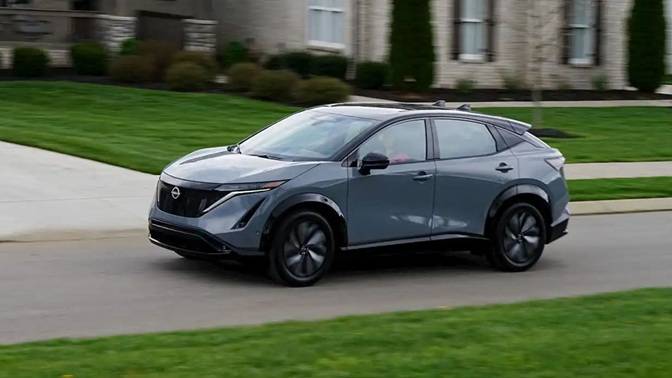
Nissan’s Challenges in the U.S. Market
Nissan’s EV journey in the U.S. hasn’t been smooth sailing. Over the past five years, the automaker’s market share in the U.S. has dropped by 2.1%, landing at just 5.8% as of 2024. While Nissan sold just over 31,000 EVs last year—including 20,000 Ariya models and 11,000 LEAFs—it lagged behind competitors like Honda, which sold over 33,000 EVs in the same period.
To regain momentum, Nissan recently announced a partnership with Honda to collaborate on EV projects. While this move shows promise, the automaker doesn’t expect to see significant results from the partnership until 2030, leaving a substantial gap in the near term.
What Does the Future Hold for Nissan?
By the time Nissan begins producing its new EVs in 2028, the competition will be fiercer than ever. Established brands like Tesla and BYD will likely have an even stronger foothold in the U.S. market, and new players will have joined the EV race. To stay competitive, Nissan will need to focus on the following:
- Accelerating Production Timelines: Delays may provide time to refine products, but they also risk losing potential customers to competitors.
- Building Consumer Confidence: By investing in marketing and customer education, Nissan can highlight the quality and performance of its EV lineup to appeal to both existing customers and new buyers.
- Leveraging Partnerships: Collaborations with Honda and battery supplier SK On are steps in the right direction. Nissan should continue to explore ways to enhance its supply chain and technology offerings.
Why This Matters for the EV Industry
For customers aged 35 to 50—many of whom are considering their first electric vehicle—Nissan’s journey underscores the complexities of transitioning to electric mobility. As EV adoption grows, automakers must navigate supply chain challenges, shifting regulations, and fierce competition.
However, Nissan’s cautious approach also highlights the importance of long-term planning. By securing a reliable battery supply and focusing on domestic production, the automaker is laying the groundwork for sustainable growth in the EV market.
Nissan’s ambitious plans to electrify its lineup are exciting but not without challenges. While the delays in U.S. production are frustrating, the recent battery deal with SK On shows that Nissan is serious about its EV future. For those eagerly awaiting new electric models, patience may be required—but the wait could be worth it.
As the EV market continues to evolve, one thing is clear: Nissan’s success will depend on its ability to adapt, innovate, and deliver vehicles that meet the needs of today’s drivers. Stay tuned as the automaker works to bring its electric vision to life in the coming years.
PEOPLE WHO READ THIS, ALSO READ

